Security – Types Of Emergency Situations Encountered In Hotels
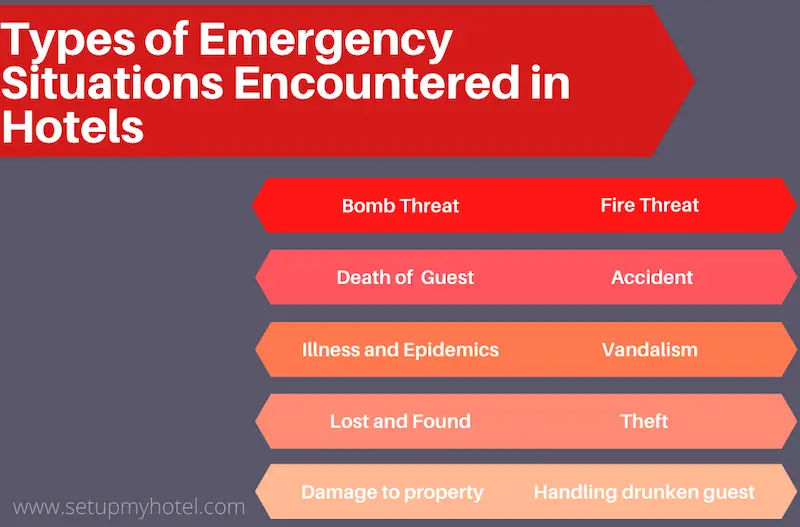
10 Types of Emergency Situations Encountered in Hotels There are different types of emergencies encountered in hotels during the day-to-day ...
Read more
Finance – Controlling Loss And Wastage In Food And Beverage ( F&B ) Operations

Controlling Loss And Wastage In Food And Beverage Operations Efficient management of food and beverage operations requires a meticulous approach ...
Read more
IT – Hotel Computer Security And Disaster Recovery Tips
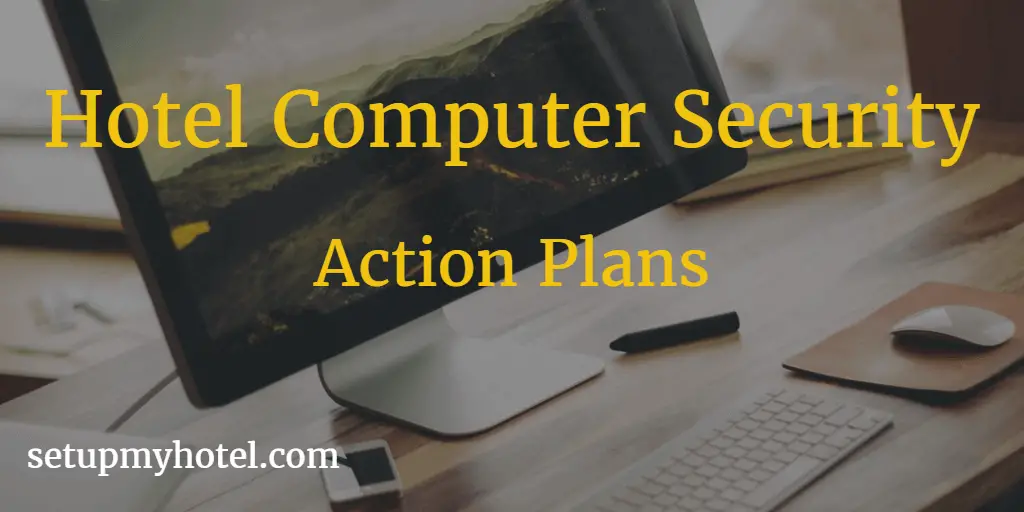
Hotel Computer Security And Disaster Recovery Tips In the modern hospitality industry, where technology plays a crucial role in operations, ...
Read more
Security – Types Of Keys Used In Hotels For Effective Security

Types of Keys used in hotels for effective Key control When it comes to the guest experience in hotels, the ...
Read more
IT – Hotel IT Failure Emergency Action Plan / Contingency Plan (All Departments)

Sample Hotel IT Emergency Action Plan / Contingency Plan In today’s digital age, all businesses must have a solid IT ...
Read more
Security – Fire Emergency Plan And Procedures Sample For Hotels | Resorts
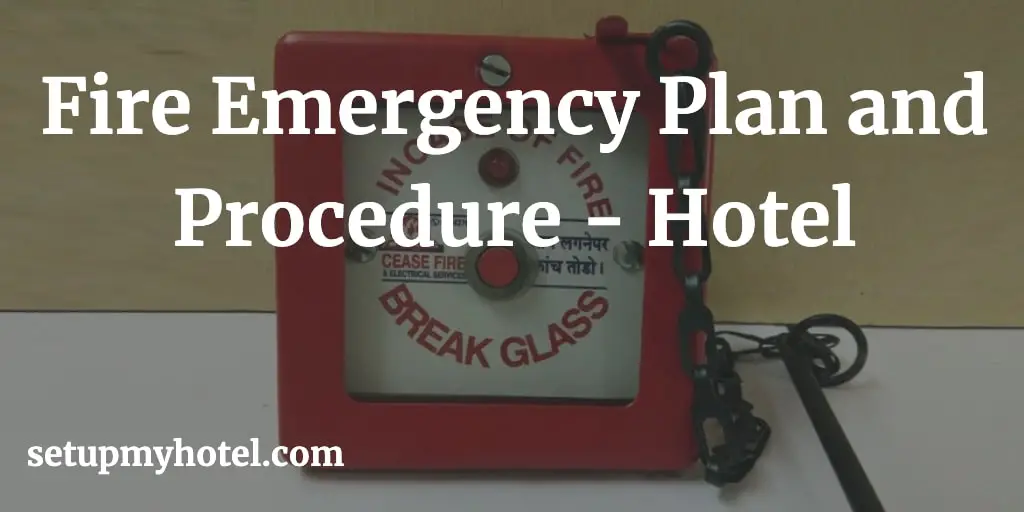
Fire Emergency Plan and Procedures Sample For Hotels | Resorts Hotels are required to have a fire emergency plan in ...
Read more
Security – Safety Rules For Gas And Electrical Equipment’s

Safety Rules for Gas and Electrical Equipment Ensuring the safety of hotel guests is of utmost importance. As such, it’s ...
Read more
Security – Hotel Security Audit Checklist For The Security Team
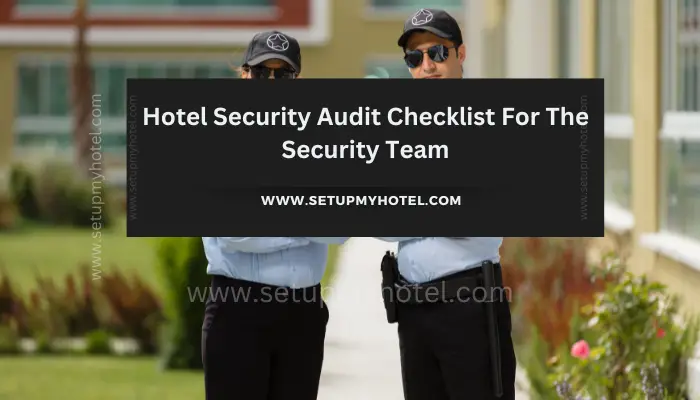
Hotel Security Audit Checklist for The Security Manager / Team As a security manager or team, it is crucial to ...
Read more
Security – Types Of Security Alarm Systems Used In Hotels
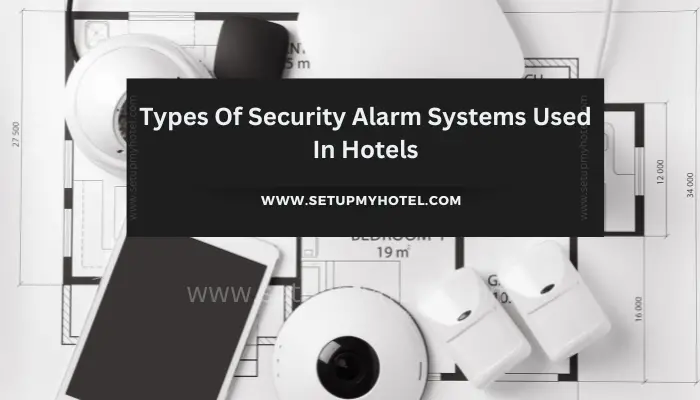
Types of Security Alarm Systems Used in Hotels Hotels are a prime target for theft, burglary, and other security breaches. ...
Read more
Security – Crime Prevention Through Environmental Design In Hotels
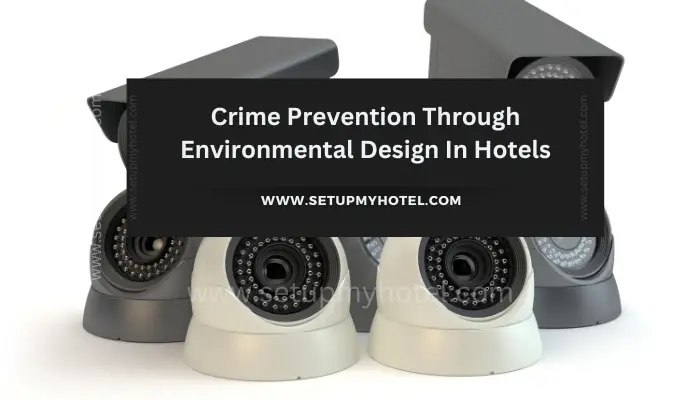
Crime Prevention Through Environmental Design In Hotels Crime Prevention Through Environmental Design (CPTED) is an approach that focuses on designing ...
Read more









